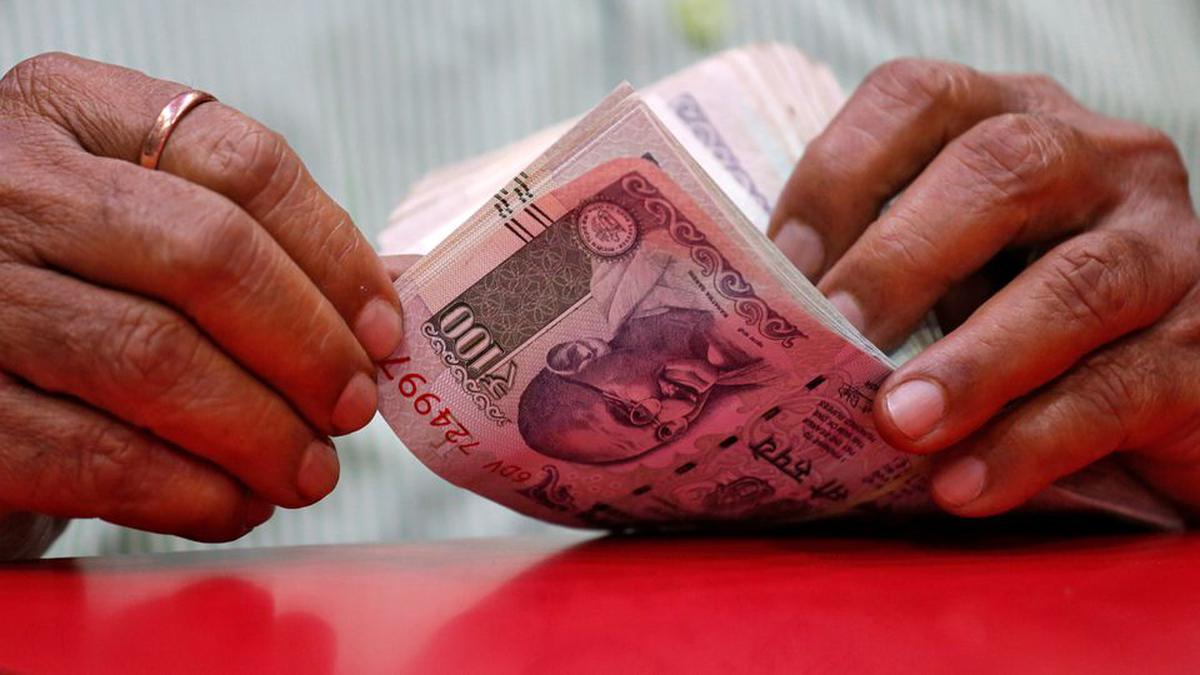Rupee trade approvals granted in 60 cases to 18 countries: Finmin
the Reserve Bank of India (RBI) has agreed to open 60 applications Vostro private rupee accounts (SRVAs) for correspondent banks from 18 countries, the Finance Ministry informed the Lok Sabha on Tuesday. These countries include the United Kingdom, Singapore, and New Zealand, among others.
Last July, the Reserve Bank of India allowed invoicing and payments for international trade in Indian rupees. The arrangement was developed to promote the growth of global trade with a focus on exports from India and to support the growing interest of the global trading community in the Indian Rupee (INR). A framework has been laid down by the RBI and is applicable to any partner country seeking to do trade with India in Indian rupees.
Additional arrangement
Approval process for opening SRVAs is Partner Country Banks may approach Authorized Agent (AD) Banks in India which may seek approval from RBI with arrangement details.
In a written reply, Minister of State for Finance Bhagwat Karad said, “The Reserve Bank of India (RBI) has given approvals to domestic and foreign banks in 60 cases to open Special Rupee Vostro Accounts (SRVAs) for correspondent banks from 18 countries, namely Botswana, Fiji, Germany and Guyana Israel, Kenya, Malaysia, Mauritius, Myanmar, New Zealand, Oman, Russia, Seychelles, Singapore, Sri Lanka, Tanzania, Uganda and the United Kingdom.
According to RBI, settlement of international trade through INR is an additional arrangement to the existing settlement system. SRVA requires pre-approval before opening an account unlike the Rupee Vostro account. Settlement through INR is an additional arrangement to the existing system which uses freely convertible currencies and acts as a complementary system. This will reduce dependence on hard (freely convertible) currencies.
Calibrated path
The exchange rate for most currencies is set in the forex markets, usually against global currencies such as the US dollar, the euro, the Japanese yen, and so on. Rupee), which is the exchange rate between the currencies of two trading partner countries, each of which has markets for world currencies, can be derived as the currency exchange rate.
The policy does not target any particular country. The central bank said in Frequently Asked Questions (FAQs) that the move is part of a sequential and calibrated path to increase the use of INR in international transactions.
Further, he said, the balance in the SRVA can be returned in freely convertible currency and/or currency of the beneficiary trading partner country depending on the underlying transaction, i.e. with which the account was credited. For example, for import payments through SRVA, the fund can be transferred to the external exporters either in a freely convertible currency or in the domestic currency of the external exporter. Income from INR balance can also be repatriated subject to applicable regulatory guidelines and tax provisions.
